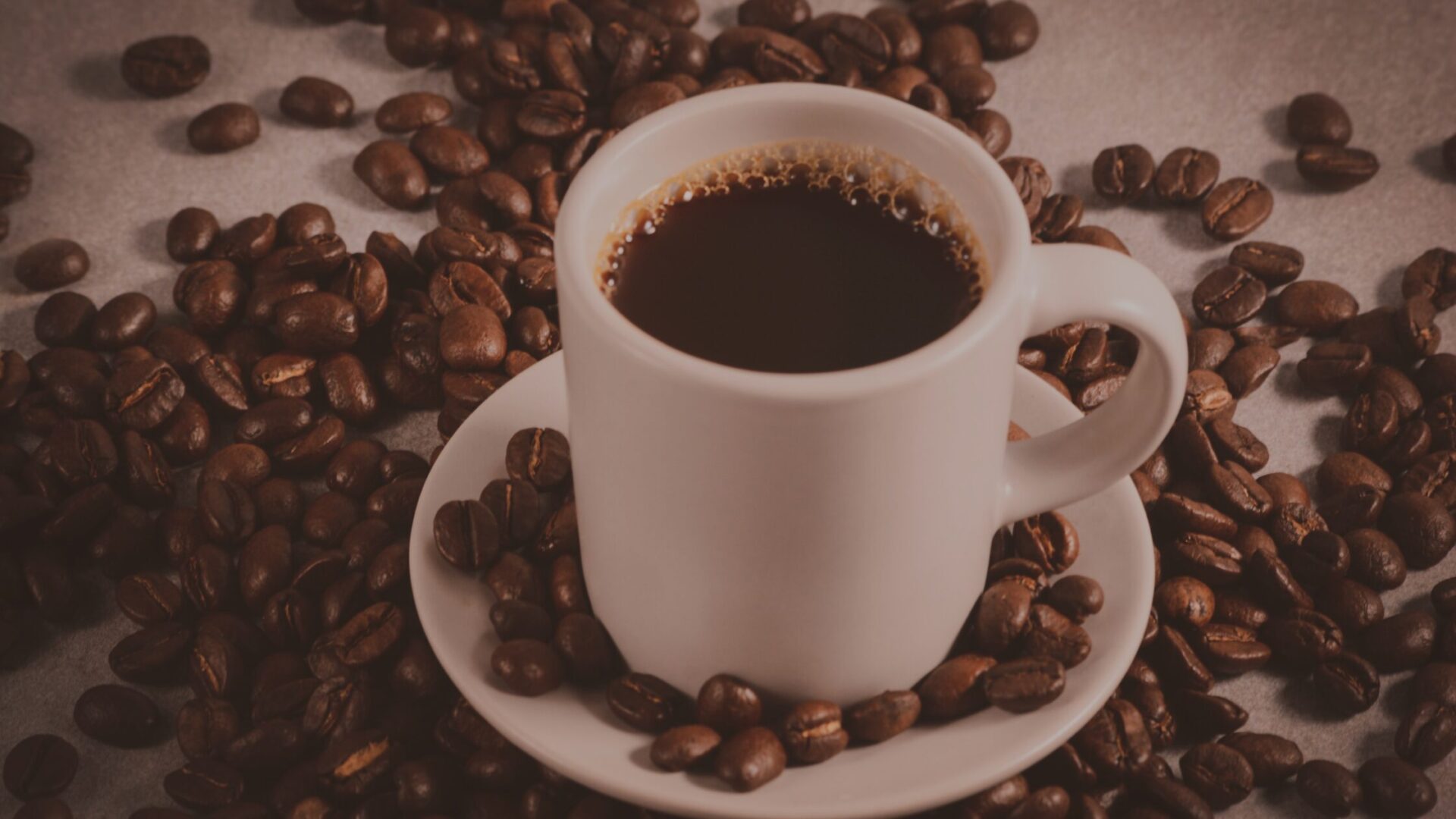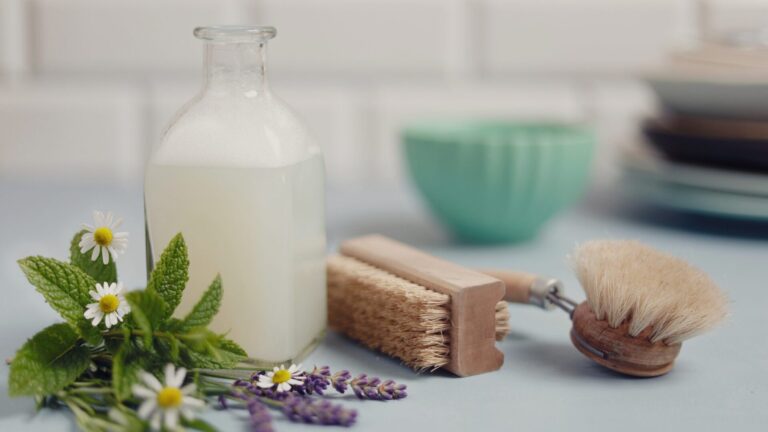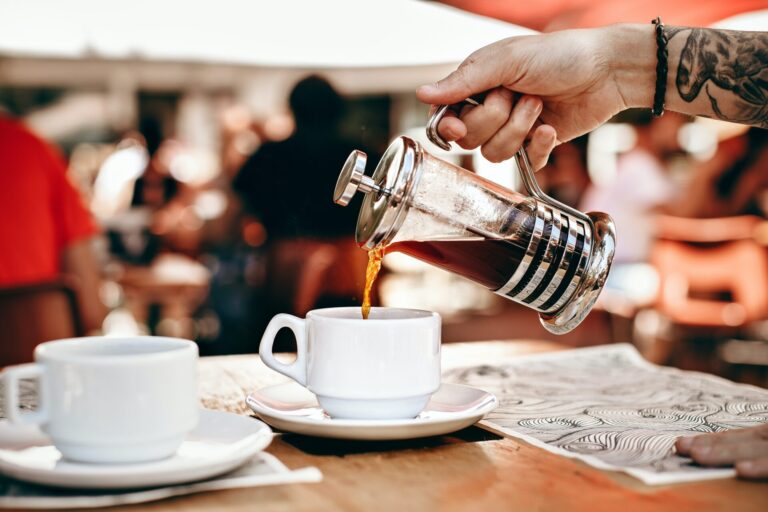Coffee is more than just your morning wake-up call—it’s a daily ritual that connects you to farmers thousands of miles away. If you’re someone who cares about where your money goes and how your choices impact the planet, Fair Trade coffee might be exactly what you’re looking for. Let’s explore how this simple switch can align your coffee habit with your values while keeping your budget in check.
What Makes Fair Trade Coffee Different?
Fair Trade isn’t just a fancy label on your coffee bag—it’s a comprehensive system designed to create a more equitable coffee industry. When you see that distinctive blue and green FAIRTRADE Mark, you’re looking at one of the most trusted sustainability certifications available today.
The Foundation of Trust
Fair Trade certification operates through FLOCERT, an independent third-party organization that audits the entire supply chain. This isn’t a company patting itself on the back—it’s genuine oversight that ensures farmers receive fair treatment and fair prices for their work.
The system includes strict standards that cover everything from guaranteed minimum prices to environmentally friendly farming practices. What makes it special is that farmers and workers themselves have a voice in setting these standards through producer networks representing about 1,900 organizations worldwide.
How Fair Trade Supports Coffee Farmers
Here’s where your coffee purchase makes a real difference. Fair Trade operates on three key principles that directly benefit coffee producers:
Fair Pricing Structure: Farmers receive a guaranteed minimum price that covers their production costs, acting as a safety net when market prices drop. When market prices are higher, they get paid the market rate—never less than fair.
The Premium Difference: On top of the fair price, farmers receive an extra payment called the Fairtrade Premium. Here’s the beautiful part—farmers democratically decide how to use this money. They might invest in better farming equipment, community schools, or clean water projects.
Pre-financing Options: Many small farmers struggle with cash flow between harvests. Fair Trade allows them to access advance payments, helping them maintain their operations year-round.
Environmental Benefits You’re Supporting
Every cup of Fair Trade coffee you drink supports better environmental practices. The certification includes specific requirements that protect our planet’s resources and biodiversity.
Sustainable Farming Practices
Fair Trade farmers follow strict environmental standards, including a comprehensive list of prohibited pesticides and chemicals. Many Fair Trade coffees are also organic, meaning they’re grown without synthetic fertilizers or harmful chemicals that can pollute water sources.
The system encourages shade-grown coffee cultivation, which preserves forest canopies that provide habitat for birds and other wildlife. This approach protects biodiversity while producing delicious coffee beans.
Climate Action Through Coffee
Fair Trade has developed a Climate Standard that helps small farmers participate in carbon markets. Farmers can earn additional income by implementing practices that reduce carbon emissions, such as energy-efficient processing methods or reforestation projects. The premiums from these programs help communities build resilience against climate change impacts.
The Real Environmental Impact of Your Coffee Habit
Understanding the environmental footprint of coffee helps put Fair Trade’s benefits in perspective. Regular coffee production has some serious environmental costs that might surprise you.
Water and Carbon Footprint
A single cup of coffee requires up to 140 liters of water from farm to cup. Traditional processing methods consume enormous amounts of water, and many conventional farms release polluted wastewater into local rivers. One pound of roasted coffee generates approximately 11 pounds of CO2 emissions throughout its lifecycle—about five times more than tea.
Deforestation and Habitat Loss
Expanding coffee farms often drive deforestation of tropical rainforests, destroying wildlife habitats and contributing to biodiversity loss. Sun-grown coffee, which many conventional producers use for higher yields, accelerates this environmental damage.
The Waste Problem
Beyond production, coffee consumption generates massive amounts of waste through disposable cups and single-use pods. Billions of these items end up in landfills every year, creating an ongoing environmental challenge.
Top Fair Trade Coffee Recommendations
Ready to try Fair Trade coffee? Here are some excellent options that combine quality, sustainability, and value:
Ogawa Coffee ASUE Fairtrade Drip Coffee (20 Servings)
What makes this special:
- Double certification (Organic JAS and International Fairtrade) gives you peace of mind about quality and ethics
- Two distinct blends let you customize your coffee experience to match your energy needs
- Supporting social contribution projects means your purchase creates positive ripple effects
This double-certified option makes sustainable coffee incredibly convenient for busy lifestyles. With two blends—Active for bright, refreshing acidity when you need energy, and Relax for smooth, mellow sweetness when you want to unwind—you can choose based on your mood. The easy-to-use drip bags are perfect for busy mornings, and a portion of sales supports social contribution projects.
Coffee Monster Drip Bag Gift Box
What makes this special:
- Organic and Fairtrade certified quality you can trust
- Seven playful monster designs add joy to your daily routine
- Generous 10g per bag means you get full flavor in every cup
Who says sustainable coffee can’t be fun? This adorable option features seven whimsical monster designs that add personality to your coffee routine. Made from Guatemalan organic coffee beans with a generous 10g per bag, it delivers full-bodied flavor while supporting farmers through Fairtrade certification. The clear gift box makes it perfect for sharing your values with friends.
Fairtrade Decaf Coffee Drip Pack (18 Bags)
What makes this special:
- Chemical-free decaffeination process makes it safe for pregnancy and breastfeeding
- Organic certification ensures no harmful pesticides
- Made from premium Arabica beans so you don’t sacrifice quality
Perfect for pregnant and nursing women or anyone reducing caffeine intake, this decaf option uses a chemical-free decaffeination process. Made from pesticide-free Arabica beans from Peru, Honduras, and Tanzania, it retains coffee’s natural flavor and acidity. It’s ideal for multiple daily cups or evening coffee without the jitters.
Mount Hagen Organic Fairtrade Regular Coffee
What makes this special:
- Triple certification (Organic JAS, Fairtrade, EU Organic) offers maximum assurance
- High-altitude, hand-picked Arabica beans deliver premium quality
- Choose between ground or whole beans to match your brewing preferences
This premium European brand offers triple certification and 100% high-altitude Arabica beans that are hand-picked for quality. Available in both ground and whole bean options, it delivers rich aroma and well-balanced flavor. Choose between medium roast ground coffee for gentle acidity or whole beans for a fruity yet robust profile.
POPCOFFEES Organic Coffee Beans
What makes this special:
- Dual certification (Organic JAS and Fairtrade) ensures ethical sourcing
- Quality-checked in certified facilities for consistent results
- Five unique blends let you explore different flavor profiles
Embodying the “Life Organic Style Coffee” philosophy, this brand offers five musically inspired blends to suit different moods and tastes. All beans are organically grown without chemicals and imported through Fairtrade. The rigorous quality checking in an Organic JAS-certified facility ensures consistency, and you can choose between whole bean or freshly ground options.
Smart Shopping: Choosing the Right Fair Trade Coffee
Fair Trade coffee comes in just as many varieties as conventional coffee, so you don’t have to sacrifice flavor for values. Here’s how to find your perfect sustainable cup:
Understanding Roast Levels
Light roast coffee highlights the bean’s natural character with bright acidity—perfect if you enjoy nuanced flavors. Medium roast offers balanced acidity and bitterness, making it approachable for most coffee drinkers. Dark roast provides bold, rich flavors that pair beautifully with milk or cream.
Exploring Origins
Different growing regions produce distinct flavor profiles. Latin American coffees tend to be well-balanced and beginner-friendly. African coffees often feature lively acidity with fruity notes. Asian coffees typically offer deep body with slightly spicy undertones.
Grind Size Matters
Match your grind to your brewing method for the best results. Coarse grinds work best for French press or cold brew, medium grinds suit most drip coffee makers, and fine grinds are essential for espresso machines.
Making Fair Trade Coffee Budget-Friendly
Yes, Fair Trade coffee typically costs more than conventional coffee, but there are smart ways to make it work within your budget while maximizing its positive impact.
Quality Over Quantity
Since Fair Trade coffee is often higher quality, you might find you need less to feel satisfied. The richer flavors and better sourcing can make each cup more enjoyable, potentially reducing your overall consumption.
Home Brewing Savings
Making Fair Trade coffee at home instead of buying coffee shop drinks can save significant money while still supporting sustainable practices. A bag of Fair Trade beans might cost $12-15 but will make many more cups than the equivalent spending on coffeehouse visits.
Proper Storage Extends Value
Protect your investment by storing coffee correctly. Keep beans in an airtight container away from light, oxygen, heat, and humidity. Whole beans stay fresh for about a month after opening, while ground coffee should be consumed within 1-2 weeks for optimal flavor.
Shopping Tips: Online vs. In-Store
Both shopping methods have advantages for Fair Trade coffee purchases.
Online shopping offers incredible variety, making it easier to find specific origins, roast levels, or even small-batch roasters who specialize in Fair Trade coffees. You can also easily compare certifications and read detailed product information.
In-store shopping allows you to examine beans directly and often provides opportunities to speak with knowledgeable staff about different options. Some stores offer zero-waste options where you can bring your own container, reducing packaging waste.
Making the Switch: Your Next Steps
Transitioning to Fair Trade coffee doesn’t have to be overwhelming. Start by trying one bag of Fair Trade coffee in a roast level and origin you typically enjoy. Pay attention to how it tastes compared to your usual coffee—you might be pleasantly surprised by the quality difference.
Consider Fair Trade coffee as an investment in the kind of world you want to live in. Every purchase supports farming communities, environmental protection, and more sustainable business practices. It’s a small daily choice that adds up to meaningful impact over time.
Your morning coffee ritual can become a moment of connection—not just to waking up, but to the farmers who grew your beans and the planet we all share. By choosing Fair Trade, you’re voting for a more equitable and sustainable coffee industry, one cup at a time.
Ready to make your next coffee purchase count? Look for that blue and green FAIRTRADE Mark, and know that your money is supporting positive change around the world. Your taste buds—and your conscience—will thank you.













